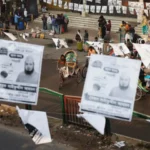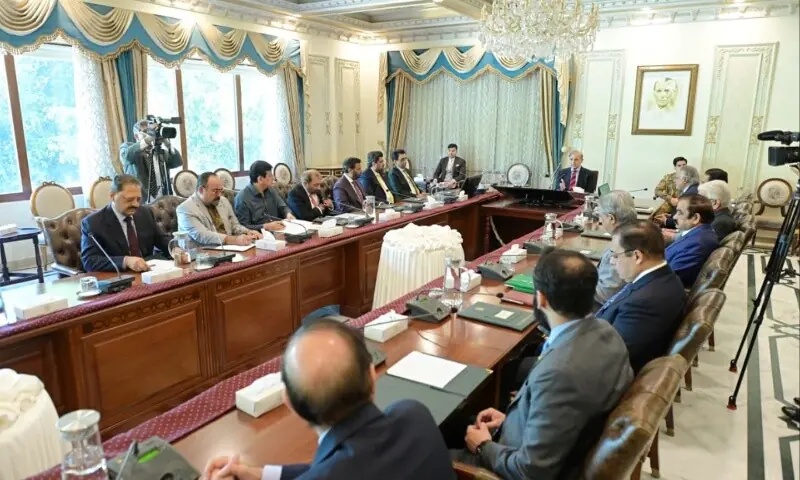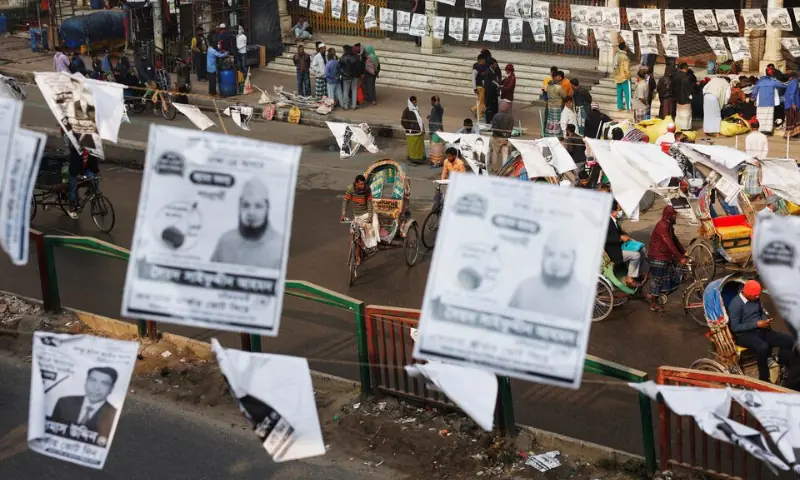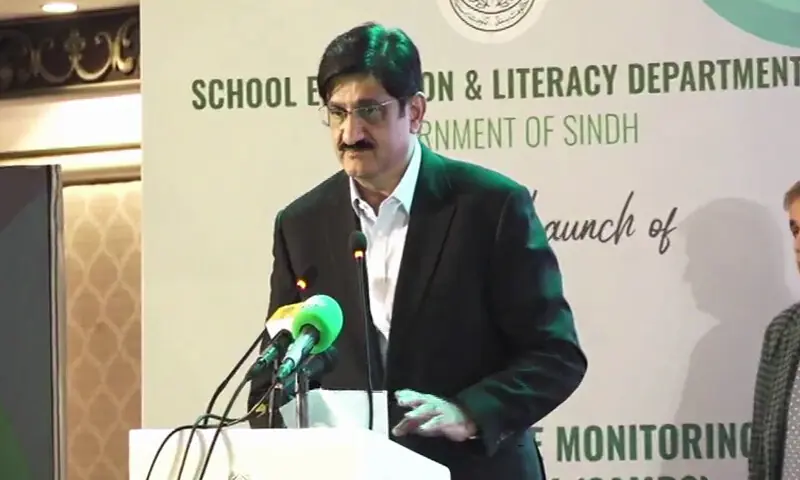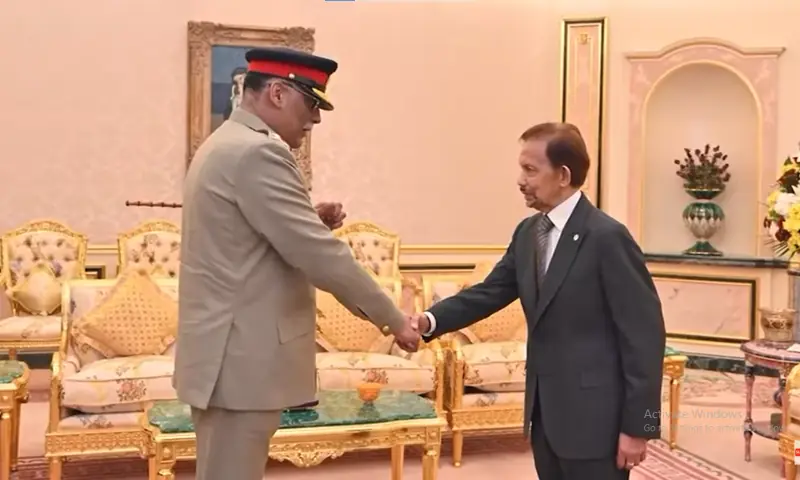Prime Minister Shehbaz Sharif on Thursday met a seven-member delegation of the Muttahida Qaumi Movement-Pakistan (MQM-P), led by party coordinator Dr Khalid Maqbool Siddiqui, and discussed the 27th Constitutional Amendment proposal, according to a statement from the Prime Minister’s Office.
The delegation included Sindh Governor Kamran Khan Tessori, Health Minister Syed Mustafa Kamal, National Assembly Members Dr Farooq Sattar, Jawed Hanif Khan, Syed Aminul Haque and Khawaja Izharul Hassan, the statement added.
“During the meeting, discussions and consultations were held on the proposed 27th Constitutional Amendment,” he further stated.
Also present in the meeting were Deputy Prime Minister and External Affairs Minister Ishaq Dar, National Assembly Speaker Sardar Ayaz Sadiq, Defense Minister Khawaja Asif, Law Minister Azam Nazeer Tarar, Economic Affairs Minister Ahad Khan Cheema, Information and Broadcasting Minister Attaullah Tarar, Parliamentary Affairs Minister Tariq Fazal Chaudhry and Prime Minister’s Advisor Rana Sanaullah.
A day earlier, the MQM-P had demanded that local governments (LGs) be given autonomy in the proposed 27th Constitutional Amendment after the PPP revealed key features of the proposed amendment for which the PML-N-led government sought its support.
The party said that after provincial autonomy was granted under the 18th Amendment in 2010, “the next step, naturally, is local autonomy, so its turn must come.”
“The important thing that we also said at the time of the 26th Amendment is that our package of constitutional amendments be included,” MQM-P leader Farooq Sattar said during a press conference yesterday, referring to his agreement with the PML-N to empower local governments.
“But it didn’t happen,” he lamented, calling for the matter to be included in the 27th Amendment.
The PML-N and MQM-P had signed a memorandum of understanding in March 2024 under which the LGs would get powers directly from the federation instead of the provinces.
As talks on the 26th Amendment gained momentum, the MQM-P also linked its support for the legislation to the inclusion of LG-related provisions. However, the final version, approved with a vote in favor of MQM-P legislators, did not include such provisions.
Sattar maintained that Article 140A of the Constitution, which states that provinces shall establish LGs, needed to be amended so that laws enacted by local bodies did not contradict it.
“The Constitution is a sacred document, but not a divine writing; it is a living document,” said the MNA. He added that it should not cause concern or surprise if it were necessary to modify it “according to the demands of the moment and the situation, and for the stability of the country.”
He also expressed support for constitutional courts, the formation of which was initially planned through the 26th Amendment, but in the end only constitutional courts were established.
Meanwhile, on the proposed constitutional changes, Siddiqui said during the press conference that “we are only telling the key features, and we have presented what the government told us and what we understood.
“Even for us, especially Article 243… this year has created the need to harmonize it with national unity, strong defense and modern defense requirements,” he said, referring to the provision related to the command of the armed forces.
Siddiqui asked that local governments also be “considered a government”, and that the Constitution guarantee the elections and mandates of Nazis and mayors, without the prime minister having to issue orders in this regard.
“The Constitution should decide that. The Supreme Court should monitor it,” the education minister said, proposing an interim structure for both roles.
